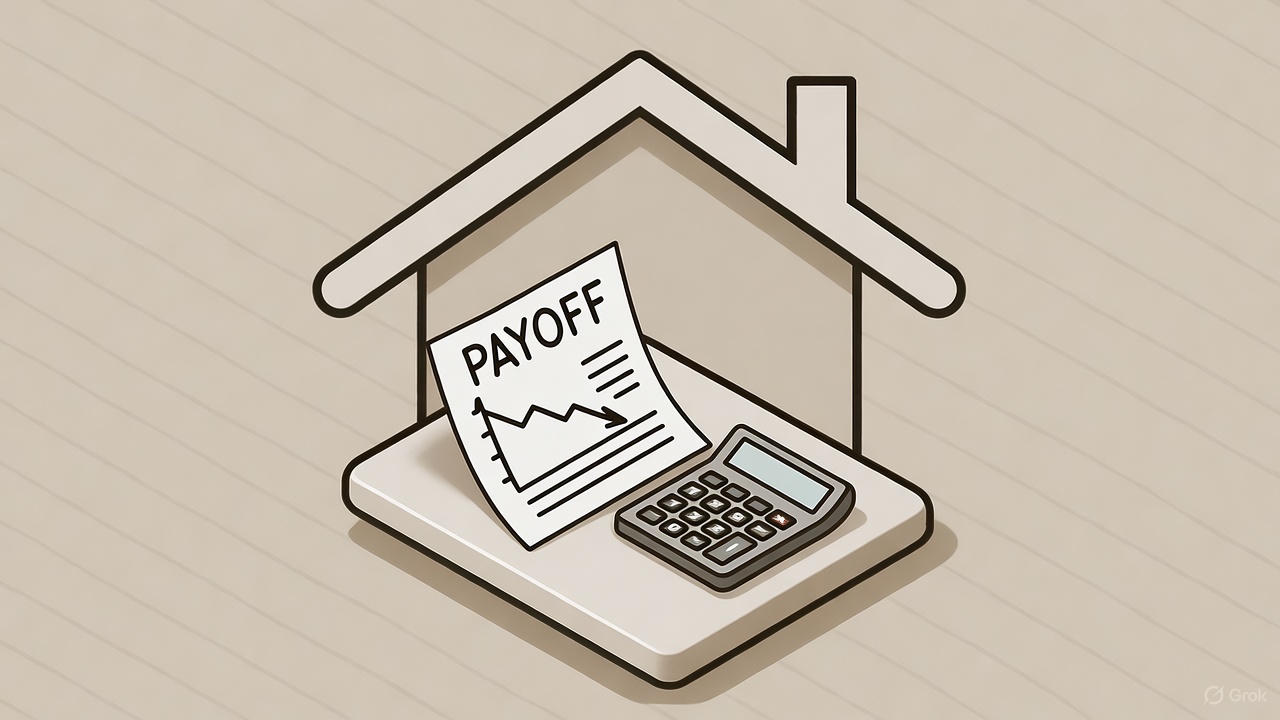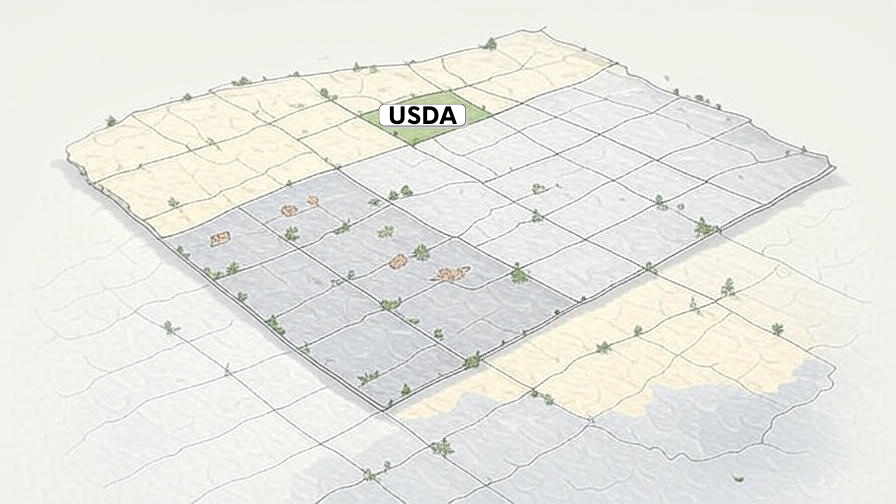Seeing a refinance payoff that’s higher than your mortgage balance can feel like a mistake. It’s not—your payoff includes a few line items your monthly statement doesn’t show. Let’s unpack what’s happening so you know where every dollar goes.
Daily interest vs balance
Your online loan balance shows principal—the amount you still owe on the borrowed money. A payoff adds daily (per diem) interest for each day between your last payment and the day the lender actually receives the payoff funds.
Example (illustration): if your principal is $285,000 at 6.5%, daily interest is roughly $50. Closing ten days after your last payment adds about $500. That’s the biggest reason the payoff looks higher.
Escrow and timing adjustments
Many NC loans include escrow accounts for taxes and insurance. When you refinance, the old escrow doesn’t transfer—it’s closed and reconciled after payoff. Two notes:
- Temporary overlap: you’ll fund a new escrow with the new loan while waiting for the old lender to refund your remaining escrow balance.
- Escrow shortage: if your tax or insurance bills rose and the old account was underfunded, the shortage can be added to your payoff so the old loan closes cleanly.
That’s why the payoff can be higher than the principal shown online—the payoff is settling the account to zero, including any shortage.
Other small line items
Your payoff letter can include:
- Recording, payoff statement, overnight, or wire fees from the current lender
- Late payment or NSF charges (if any are outstanding)
- Escrow shortage amount (if applicable) so the servicer can close the account
These are usually minor but explain why the payoff number isn’t a neat round figure.
When refunds come back
After closing, the old lender does a final reconciliation. Any leftover interest or escrow balance is refunded by check or ACH, typically within 10–20 days. You might see that refund even after your new loan has started billing.
Bottom line: a higher payoff isn’t a penalty—it’s timing and accounting (including any escrow shortage) catching up with real-world days and dollars.
Quick FAQ
Because your lender adds daily interest up to the day they receive payment, plus any unpaid fees or escrow adjustments. If your escrow is short, that shortage can be included in the payoff. Your online balance shows only principal as of your last statement.
Yes. A payoff can include an escrow shortage, late or NSF fees if outstanding, and small payoff/recording or wire charges from your current lender.
No. It’s normal for a payoff to include a few days of interest and minor administrative items. After the loan is settled, any overage or remaining escrow balance is refunded to you.
Payoffs are quoted through a specific “good through” date—often 10–15 days. If closing extends past that, an updated payoff is required to reflect additional accrued interest.
Want a refinance plan that fits your payoff date?
I’ll line up your closing window and payoff timing so you don’t pay a day more interest than needed. Clear dates. Clear math. Calm handoff.
Questions first? 984-289-6479 · wolff@michaelthebroker.com




